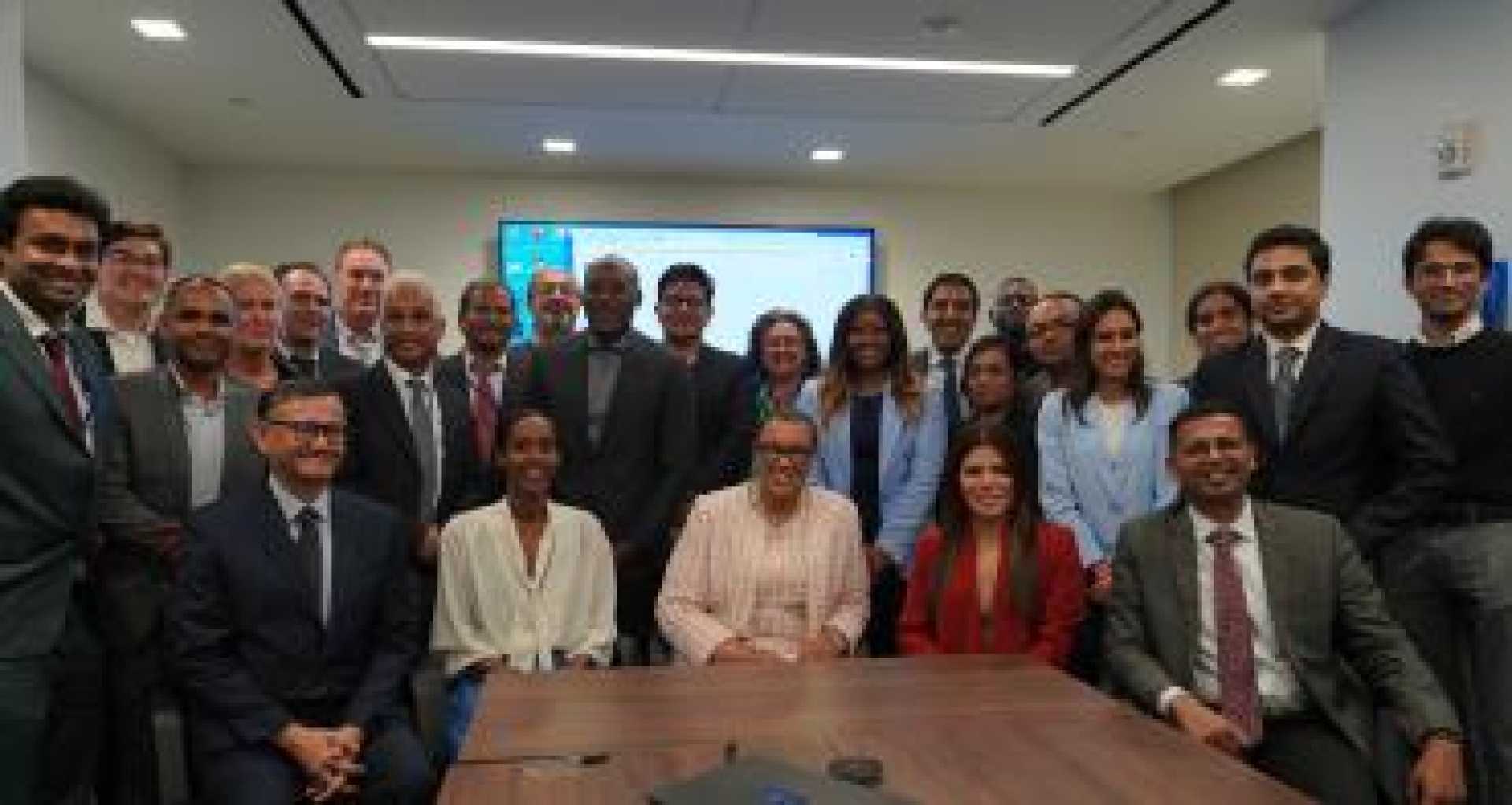News
Commonwealth African Countries Trained to Enhance Human Rights Reporting

Fourteen African countries within the Commonwealth have recently undergone training to enhance their capacity in reporting on human rights obligations. The training included a focus on the protection of basic economic, social, and cultural rights for all citizens.
This initiative is part of a broader effort to assist countries in fulfilling their commitments under human rights treaties, as well as aligning with the follow-up recommendations from United Nations (UN) Human Rights Treaty Bodies. The Commonwealth Secretariat, together with the Government of Tanzania and the Office of the United Nations High Commissioner for Human Rights, organized the regional workshop in Dar es Salaam from October 1 to 3, 2024.
Despite having ratified multiple key human rights treaties, several of the participating nations have encountered significant delays in submitting the required reports to treaty bodies. In some instances, reports are overdue by more than ten years. Such delays often stem from limited resources and capacity to manage the necessary data and maintain institutional memory.
During the workshop, attendees were encouraged to exchange best practices and experiences to help address the backlog of reports to human rights bodies. Additionally, participants tackled the aims outlined under the Sustainable Development Goals (SDGs). A significant element of the discussions centered on establishing or fortifying National Mechanisms for Implementation, Reporting, and Follow-up (NMIRFs) — these structures aim to reinforce intra-governmental coordination in data collection and the preparation of national reports.
Bucyana U. Allen, Uganda‘s Assistant Commissioner, Legal, noted the utility of the workshop: “We had facilitators from the UN here. We got to know what exactly is expected from us that should improve our reports to ensure it speaks to their expectations,” she stated.
Similarly, Nozipho L. Mazibuko, State Reporting Coordinator from Eswatini, appreciated the opportunity to address the hurdles faced in implementing recommendations from human rights bodies. She expressed optimism that the workshop’s insights would facilitate the full realization of human rights in Eswatini.
During the workshop’s opening, Tanzania’s Deputy Minister of Constitutional And Legal Affairs, Hon. Jumanne Abdallah Sagini, highlighted the strong connection between human rights and development. “African states have a number of mechanisms in place to uphold the same. Because of a multiplicity of mechanisms and reporting, it is important to harmonize those systems in order to reduce duplicity, minimize costs, and incorporate relevant data in a timely manner,” he stated.
Steve Onwuasoanya, Acting Head of the Commonwealth Secretariat’s Human Rights Unit, underscored the workshop’s significance, suggesting that compliance with treaty obligations leads to enhanced protections for citizens and supports sustainable development. “[This] paves the way for sustainable development, ensuring human rights are at the heart of progress,” he explained.
Marcel Akpovo, East Africa Regional Director for the Office of the United Nations High Commissioner for Human Rights, acknowledged the ongoing challenges countries face but expressed hope that such initiatives would encourage states to prioritize sustainable institutional engagement with human rights mechanisms.
The workshop concluded with an outcome statement where participants pledged to develop action plans to maintain timely human rights treaty reporting. They also committed to forming a regional network for sharing good practices.












